Theosophical Astrology
Astrology includes many things, has many forms, and serves multiple purposes. Taking just three common examples, typical astrological charts show the positions and relations of the planets at the moment and location of birth. Progressed astrology maps the return of planets to their birth positions as well as the times and ways they cross and relate to those original positions and to one another. And horary astrology looks at the positions of the planets in the zodiac at a given moment when some decision is to be made (e.g., when to lay the foundation stone of a temple). And then there is the astrology once commonly found in newspapers, where planets were taken in conjunction with the signs of the zodiac to give general indications of what to expect for the day, given one’s birth sign. This latter was never taken seriously by knowledgeable astrologers, being rather like the sentiments found in fortune cookies ending meals in Chinese restaurants. "People admire your attitude," for example, can apply to anyone’s self-image, and so it "works." But such messages are random, and the newspaper’s astrological messages each have to be general enough to cover about 1/12 the population, because there are 12 signs in the zodiac.There is much more to any system of astrology than the mechanisms for casting a chart or giving naïve interpretations, as, for example, Mars means conflict, Jupiter wealth or generosity, Mercury intelligence, and so on. Like all sciences, astrology is a complex of symbols and principles of interrelationships. And like all science, astrology is also based on experience and observation. In some ways, astrology is more like medical science than physics, since its variables are often multivalent and context-dependent. And like all sciences, astrology is based on assumptions about the nature of reality and the universe. It shares with all sciences the assumption that there are discoverable laws of nature that are invariant, at least over long periods of time. It shares the assumption that nature and the universe is intelligible to a reasoning, observing consciousness.










